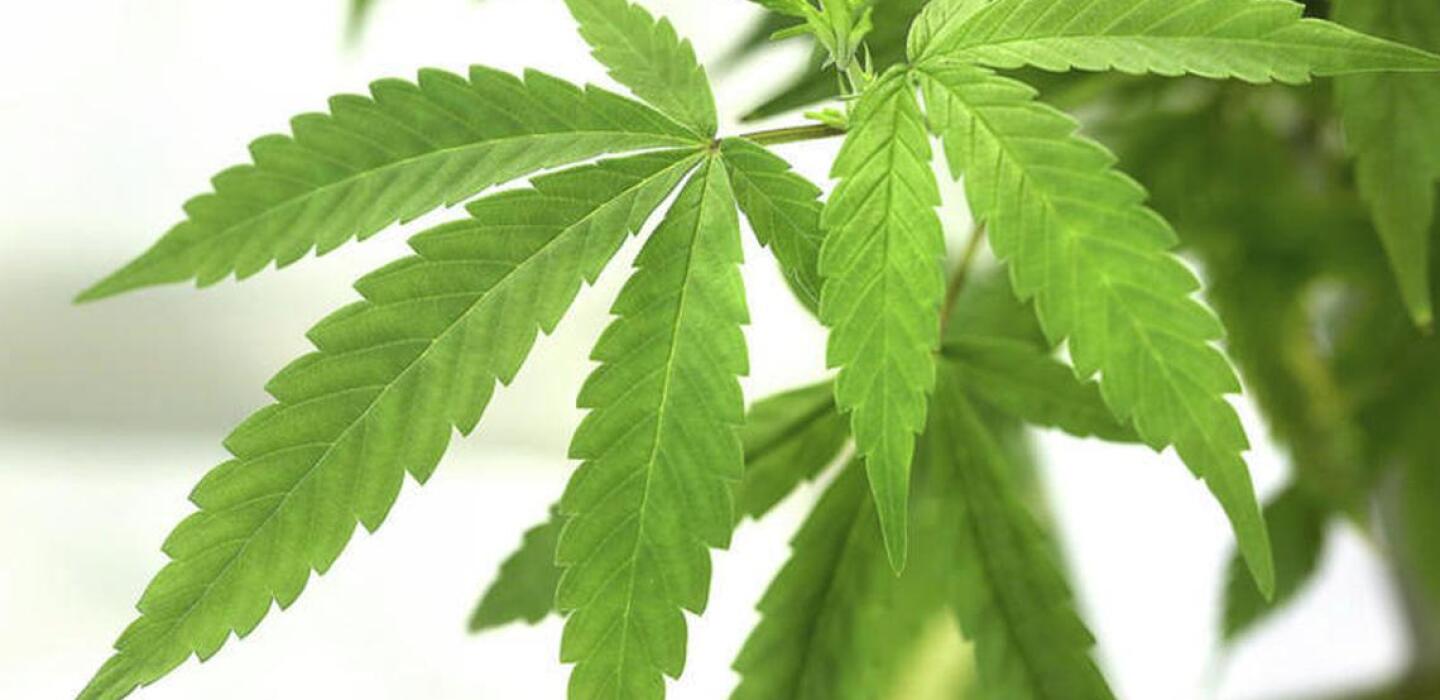

ST. PAUL — Minnesota could be missing out on up to $46 million in untaxed sales of newly legal edible cannabis products, according to an analysis from the University of Minnesota Duluth.
In July, edible cannabis products became legal in the state, but the legislation that opened up that door had minimal regulation and no taxation requirements. An analysis from UMD’s Bureau of Business and Economic Research found the state could collect anywhere between $40 million and as much as $46 million in revenue in the next year if the state had a 10% tax.
“If Minnesota were to implement a cannabis tax, the state would have a new source of money that could be used to benefit the state and its residents,” the study concluded. “Perhaps the legislature will consider this opportunity in future legislative sessions.”
Rep. Heather Edelson, the Edina Democrat who sponsored the legal cannabis legislation in the 2022 legislative session, told reporters in July that much of the regulation for newly legal cannabis products would rest on cities and counties, but said she would support further legislation for taxes and regulation.
The UMD study based its figure on the growth in legal cannabis tax revenues from other states including Colorado, Michigan and Oregon, which have legalized recreational marijuana in the past decade.
ADVERTISEMENT
The study said because Minnesota has only legalized edible cannabis products it would not take in as much revenue as other states that have fully legalized recreational marijuana like Colorado and Michigan. But ultimately it concluded the state is still missing out on tens of millions in taxes with its limited legalization.
Michigan, a state of about 10 million people, legalized recreational cannabis in 2018. It has a 10% tax on sales, and collected $210 million last year, according to the study. Past legal cannabis bills in Minnesota, which has a population of around 5.6 million, called for a 10% tax on sales. If Minnesota taxed legal edibles under the current law, the state could reasonably expect to see half of what Michigan collected in its first year of full-scale legalization of recreational marijuana, the study said. Minnesota would see lower revenues due to its lower population and limited scope of legalization.
Many in Minnesota were surprised when edibles containing psychoactive THC became legal earlier this summer, including some of the lawmakers who voted in its favor. Edible — and drinkable — cannabis became legal after new legislation came into effect as part of a large health care bill Gov. Tim Walz signed into law.
Under the new law, anyone 21 and older in Minnesota can buy edible products that contain THC, short for tetrahydrocannabinol, the psychoactive component that gets users “high.” Consumable products containing less than 5 milligrams of THC per serving and 50 milligrams per package can now be sold in the state, providing they are derived from hemp, which must contain less than 0.3% THC under federal law. Any cannabis containing more than that level is considered marijuana, which is still illegal nationally.
An unregulated form of hemp-derived THC called delta-8 had already been legal in Minnesota under a loophole in federal legislation passed in 2018. A key point of Minnesota’s new law, which regulates hemp products, also made the more potent delta-9 THC legal in the state so long as it is derived from hemp. The law also took steps to regulate delta-8 THC products.
Meanwhile, many Minnesota cities, left with little guidance on how to regulate cannabis products that became legal in the state in July, have started to create their own rules for edible cannabis, with some moving to ban the products outright.


Recent Comments